“We’ll all be better off if we think about the business case of making tourism more inclusive.”
Rebecca Godfrey is the newest addition to Destination Think’s team of strategists, bringing an impressive resume that includes an advisory role in creating one of Canada’s premier examples of social enterprise in tourism. Rebecca’s passion for tourism stems from an early career in archaeology, where her love of places, people, and cultures blossomed. These days, when she isn’t cruising her red Vespa down the streets of Toronto, Rebecca works to improve tourism’s impact for residents and travellers while making the industry a more equitable place.
Rebecca serves on the Diversity, Equity, and Inclusion (DEI) committee for the Tourism Industry Association of Ontario, and is a new board member at Ontario Tourism Education Corporation, where “people at the core” is the driving principle. She joined Destination Think in August of 2021.
“There’s an opportunity for DMOs to take on a broader set of responsibilities so they can ensure a stronger visitor experience that is sustainable but not invasive,” Rebecca says. Here, she describes what positive change can look like and the importance of destination management for leaders looking to make a difference.
David Archer, Editorial Manager at Destination Think: It’s been a difficult couple of years for the tourism industry. What keeps you energized?
Rebecca Godfrey, Senior Strategic Consultant at Destination Think: I’m passionate about destinations, and I also love complex problem solving. Since we entered the pandemic, I’ve become really driven to stay connected with the industry and use my position as a consultant to help steer recovery as well as positive change through tourism wherever I can, and strive for a more inclusive tourism industry.
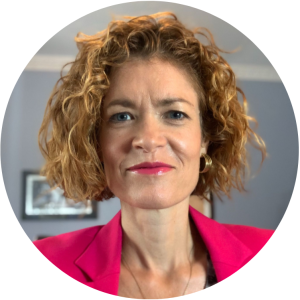
Rebecca Godfrey, Senior Strategic Consultant at Destination Think
What does positive change look like to you?
People have changed the way they travel, and the pandemic has really given us a chance to pause and rethink the value of travel and tourism. In my mind, the value is really in the knowledge transfer that you get. You’re learning about other cultures and gaining experiences that help enrich your life. Those experiences are built on place, and the exchange of knowledge and culture benefits both visitors and residents.
At the same time, there are concerns about the impacts of overtourism in some places, and its negative impact on the environment, so destinations have had to rethink destination marketing and work more on destination management. And that’s where I see positive change: in helping both DMOs and individual operators think about destination management in addition to marketing.
Tell me a bit about your experience in tourism.
I’ve spent more than 25 years in the tourism and hospitality sector and 16 years in an advisory role. In my previous role at CBRE Tourism & Leisure Group, we grew the business around two aspects of tourism: feasibility work and private sector planning for tourism operators, and strategy work for DMOs and non-profit organizations.
A really cool example is a project I did for Fogo Island. I was part of developing the Fogo Island Inn’s original business plan and their strategy, built on a social entrepreneurship operating model, which was the brilliant dream of Zita Cobb. Fogo Island is a successful, world-class destination now, and it’s still supported by and integrated with the people who live there. As a non-profit, all the operating surpluses go back into the community. The residents help by doing kitchen tours or taking visitors out fishing, for example.
Why did you join Destination Think?
The company has a reputation for innovation. And I also liked the potential for working with a really good group of like-minded strategic thinkers to come up with creative, evidence-based solutions for places around the world.
It’s also about Destination Think’s purpose: “Tourism must lead to a better future.” I think we are quite unique in our strategic approach, which incorporates best practices from around the world, qualitative and quantitative research, and co-creation with stakeholders. This way, our process has a balance of art and science.
“There’s an opportunity for DMOs to take on a broader set of responsibilities so they can ensure a stronger visitor experience that is sustainable but not invasive.”
Are there any big trips on your wish list?
I’m currently dreaming of a Vespa adventure on the Amalfi Coast. And that’s for being out in the open air and seeing the place, but also stopping along the way, having coffee with people, and just experiencing the culture. That’s what I’m hoping to do.
What other tourism projects are you involved with?
I’m really proud to be part of the DEI working group with the Tourism Industry Association of Ontario (TIAO). We’re helping the industry – mostly small businesses, but also DMOs – understand the principles and benefits of incorporating DEI into everything they do.
At TIAO, we’ve just introduced a webinar series called Building Inclusive Tourism, and it will deal with a broad range of the benefits of DEI. The webinar that I’m hosting is called “Bringing DEI to DMOs: Best Practices of Integrating DEI Principles at the DMO Level.” A guest speaker is coming to talk about the quantitative side of DEI, why it’s important and prudent to act, how to bring the people in your organization through change, and how to make sure all your marketing activities are reaching people in a respectful way. Another aspect is bringing socially conscious visitors and defining products and experiences in a way that reaches them. I’m also sharing a case study by talking with two people from the EDI Council at Explore Edmonton about their journey toward inclusive tourism.
Many people don’t really understand the language of DEI, and without that in tourism management, it’s only going to remain skin deep. I’m interested, both personally and professionally, in helping to find solutions for a broad range of DEI issues in the tourism industry. I’ve written a couple of articles that talk about the limited authentic inclusion in tourism marketing, particularly in Canada. Part of that is the lack of diversity in a lot of tourism organizations. When we’re talking about small organizations, it’s hard to make the change. But, at the same time, I want to be able to provide solutions for people so that we’re all speaking a common language, and it doesn’t seem as daunting. And it’s not something they can just tick the box on and call it done. If people are curious about DEI, we should make it easy for them. That’s my personal mission.
What sparked your mission to make a difference with DEI in tourism?
Well, part of it was from what I saw working in hospitality. When I was working in restaurant kitchens, it was difficult for me from a gender perspective, but also from watching colleagues from visible minorities go through abuse from management. I personally suffered, and I witnessed others suffer. And that abuse was always an underlying thing I wanted to fight against, but I didn’t feel I had a platform until I started consulting.
Thank you for sharing that experience. Do you have any parting thoughts for destination marketers?
I think it’s important for destination marketers to integrate destination management into their organizations. The way people travel has changed. Most visitors are more conscious of how they travel and the impact as a result, and they’re looking for more meaningful experiences. But at the same time, from the resident perspective, there’s concern about what the visitor economy is going to do for their place over the long term and whether it’s going to allow their destination to be sustainable. And also, will it have an impact on their way of life? That’s where the disconnect is.
There’s an opportunity for DMOs to take on a broader set of responsibilities so they can ensure a stronger visitor experience that is sustainable but not invasive. The solutions also have to be innovative, in terms of co-creation, and inclusive. We’ll all be better off if we think about the business case of making tourism more inclusive.
This interview has been edited and condensed for clarity.
On April 13, 2022, Rebecca Godfrey will moderate a webinar called “Bringing DEI to DMOs: Best Practices of Integrating DEI Principles at the DMO Level.” Register here. You can find Rebecca’s writing about DEI in tourism on LinkedIn.
Keep up to date with insights from international destination marketing leaders by subscribing to our weekly newsletter, DMO Matters.
Feature image: Fogo Island Inn, Newfoundland, Canada. Taken by Erik Mclean on Unsplash.


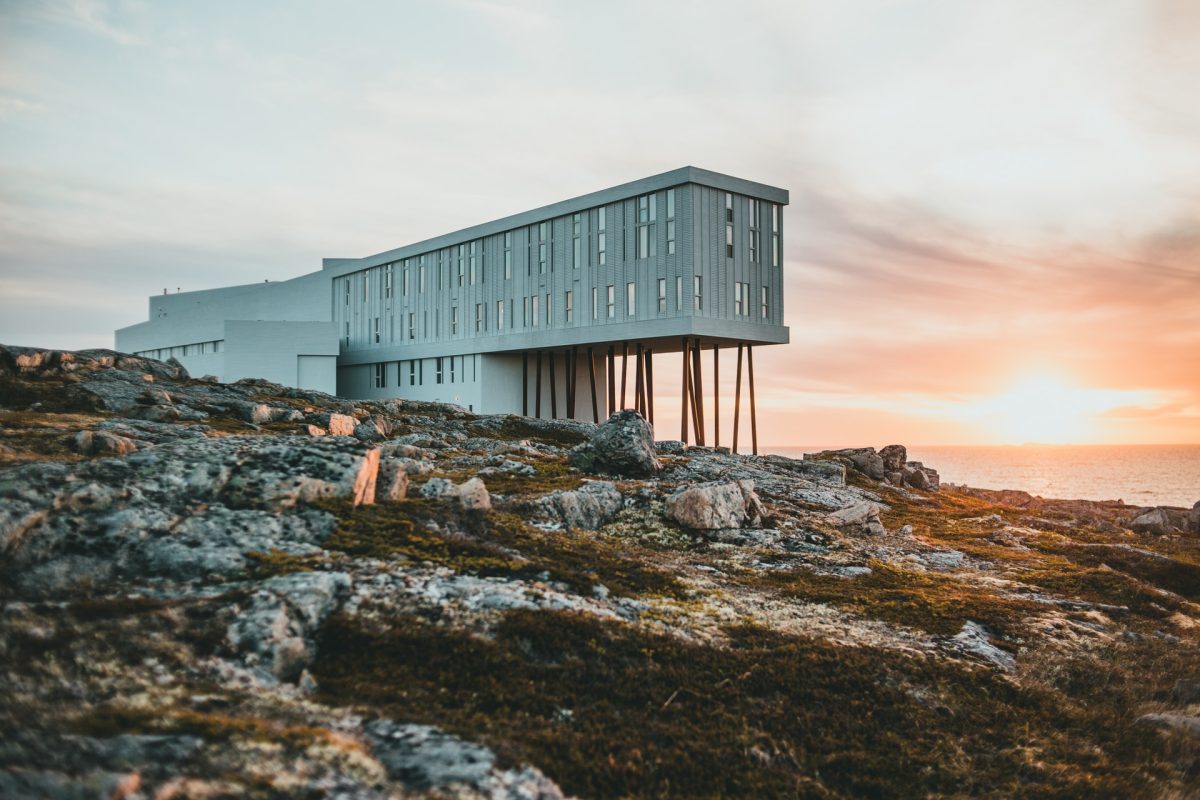

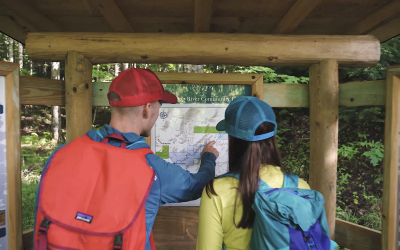
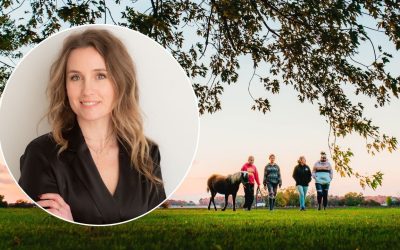
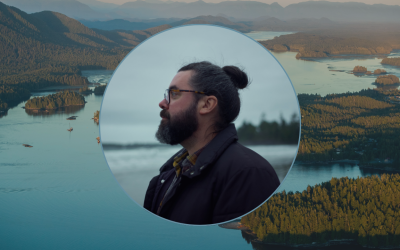



0 Comments